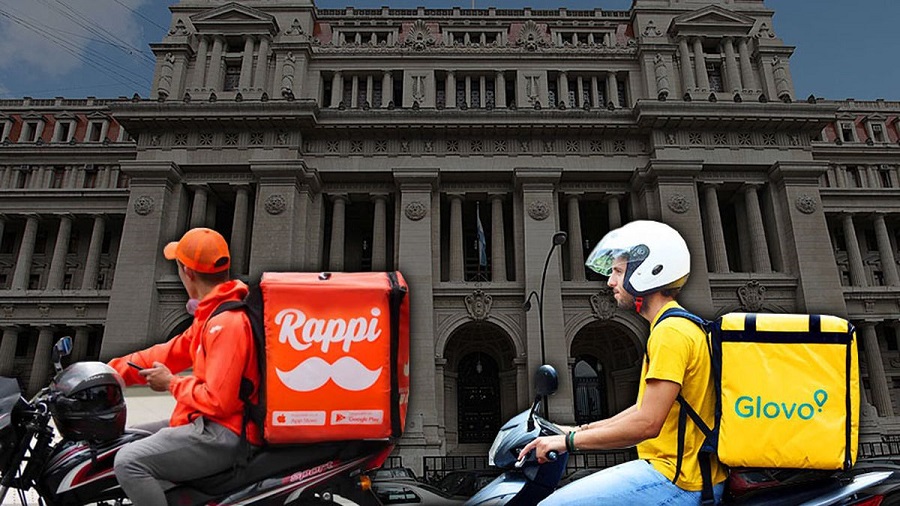RIO DE JANEIRO, BRAZIL – Services like Glovo and Rappi claim to deliver anything, but there are items that cannot be carried, for obvious reasons. Or at least that should be the case: in Argentina, employees linked to these platforms have complained about requests involving drug delivery.
Obviously, the terms of use of App delivery services ban the transportation of illegal substances or any illegal product. The issue is that when suspicious requests are flagged by couriers, they do not always get the proper guidance on how to act.

Amy Booth, a journalist who writes about Latin America for media outlets like The Guardian and Vice, described the case of Javier Rojas, a delivery man in Buenos Aires: In July, he took out a box that was supposed to contain vitamin supplements, but he realized the package was battered and smelled like marijuana.
Instead of proceeding with the delivery, Rojas stopped the bike five blocks from the destination address and sent a message to Glovo support inquiring about what he should do.
By phone, the delivery man was instructed to return the box to its origin, but he said he feared some sort of retaliation. Glovo then directed him to take the box to the destination, but Rojas refused again.
“If I deliver it to the person and find two police officers waiting there, it’s me who bears the responsibility, not the company. The company washes its hands,” said Booth. After more than an hour of refusing to deliver or return the “product,” Rojas was allowed to throw the box away.
ASIMM, the union that includes motorcyclists, messengers and delivery workers in Argentina, says Javier Rojas’ case is not unique. There have been approximately ten complaints about similar events since 2018.
The number of cases could be much higher: not all delivery workers have the courage to file a complaint.
Certainly, this type of problem is not limited to Argentina. But there is an aggravating factor there: mainly in Buenos Aires, most of the delivery men are foreigners, such as Venezuelans; if they are caught delivering drugs, they will struggle to settle in the country and, obviously, they could face jail.
According to ASIMM, platforms like Rappi and Glovo are not a drug trafficking arm, but they have loopholes in their procedures that enable this kind of activity.
Wanted, Glovo stated that the use of its platform to transport illegal substances is strictly prohibited and that it reports suspicious activities to local authorities. The company also says it directs couriers to report seemingly illegal requests.

Meanwhile, ASIMM is trying to include platforms such as Rappi and Glovo in the register of postal service providers in Argentina.
By doing so, couriers would enjoy the same legal protection as postal workers: they are not required to be aware of the order’s contents and are therefore not liable for illegal packages.
The issue is that the subject is deadlocked: currently, the discussion is about whether or not App delivery workers are recognized as platform employees.

